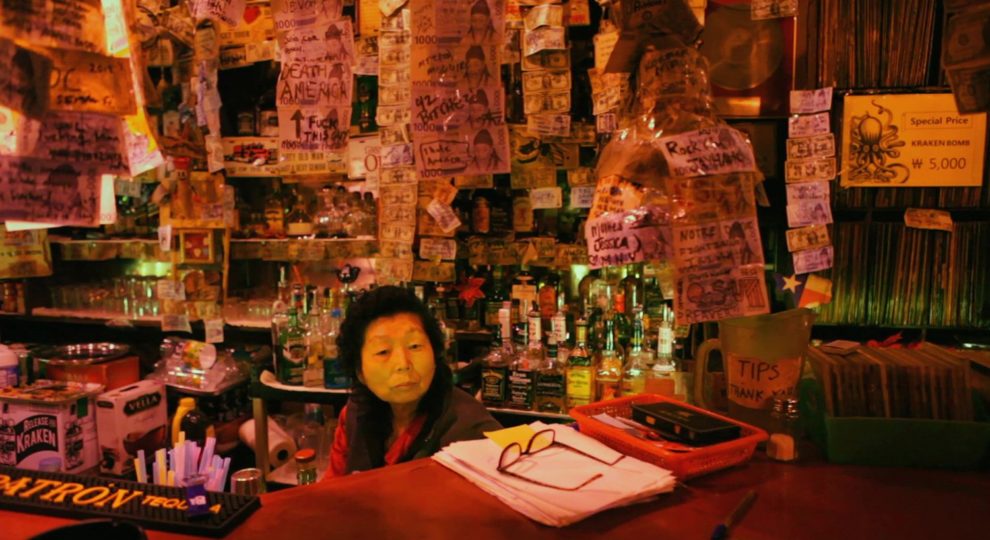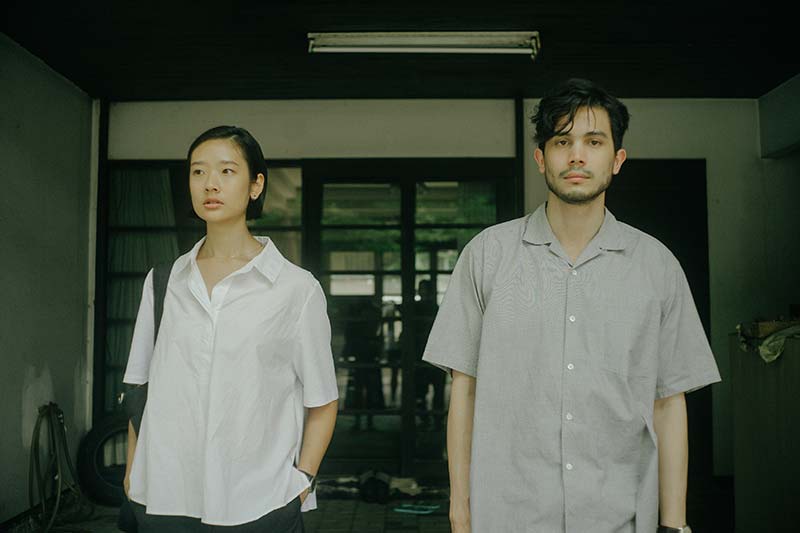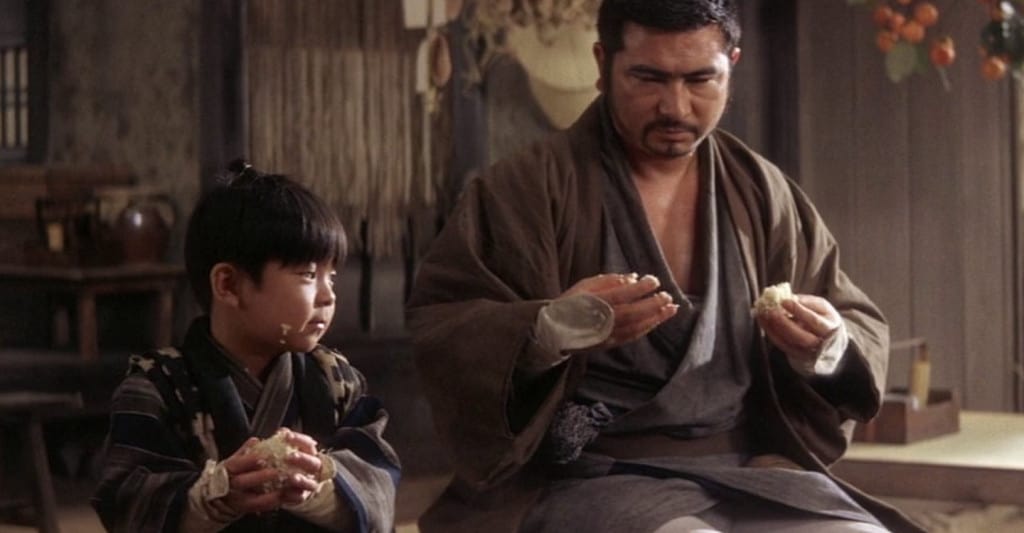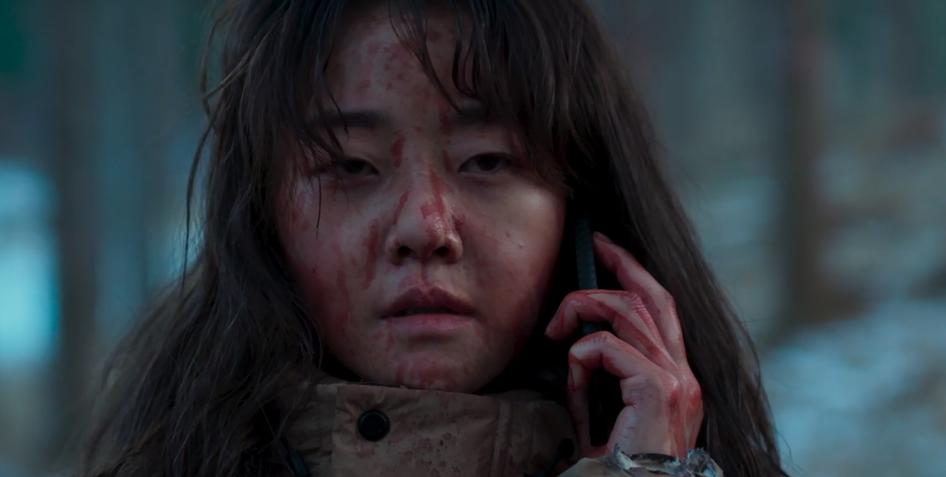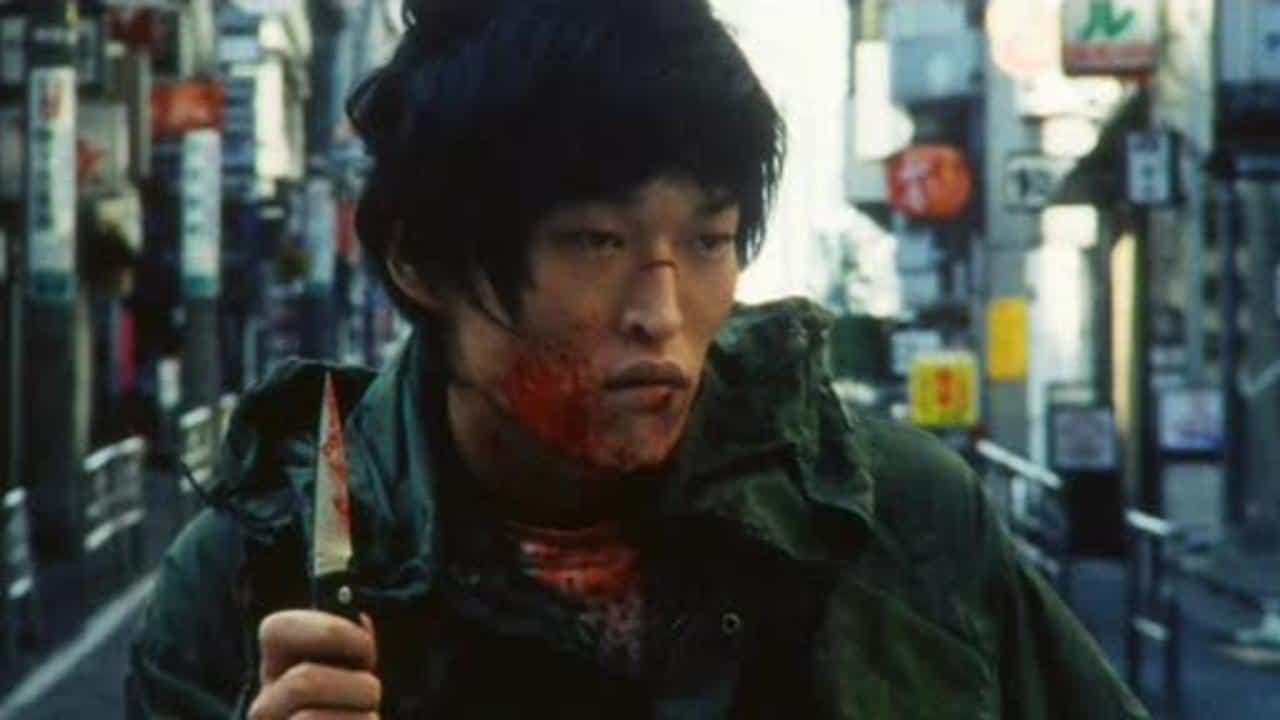In the centre of Seoul, the area of Itaewon has been a symbol of inclusion for decades, a place where Koreans, American soldiers and immigrants all regularly visit and, in some cases, also live. Everything from country bars, restaurants serving international cuisines and a full mosque have been long-term fixtures of the area. For decades too, the area has also had a notoriety attached with its name. This infamy, for the most part, comes attached with the bars that throng the area, that have long been regular haunts for foreigners and particularly American soldiers from the army base nearby and where it was relatively easy for the patrons to pick up local girls that worked there as waitresses, leading to the uphill area being nicknamed Hooker Hill.
“Itaewon” is screening in Hong Kong Arts Centre on Friday 20/3 at 7:30 pm
as part of Women Direct. Korean Indies! – Korean Women Independent Film series, under the signature programme of the Hong Kong Arts Centre, Independently Yours
In recent years, at least to the time leading up to the shooting of Kangyu Ga-ram's documentary, the area has been the subject to redevelopment plans, which aim to demolish a large part of the area's more iconic structures to facilitate housing projects and which have been vehemently opposed by those that live, work and frequent there. Through three subjects who are distinctly different yet oddly not too dissimilar in their fates, the director takes us on a tour of Itaewon of the past and present while also giving a glimpse into its future.
These three subjects are Samsook, Naki and Younghwa, all three of who have seen, lived and enjoyed the life Itaewon has to offer, to varying degrees of fulfilment. Of the three, Samsook has seen the most success, her bar a hit among soldiers, expats and locals alike for supposedly being the best country bar in Korea. Or at least it used to be a hit. Footage of parties both of yesteryears and modern day show a stark change in the number of patrons frequenting the bar, the modernisation and redevelopment, in addition to the impending moving of the US army base from the area, affecting business deeply. Through her story, the feature successfully manages to etch out how Itaewon as an area was so instrumental in making the life of many, even amidst rampant prejudices amongst public.
The weary, life-worn bar owner used to appoint several waitresses over the years, like Naki and Younghwa, who found and enjoyed a certain way of life and the perks that came with working in that area. Even if they lived the prejudice they were seen with as a reality, it was an individual choice they made for themselves, in spite of it coming with the “Yankee Slut” moniker that girls who came to work in the area were labeled with. Through these, Kangyu Ga-ram looks at the prejudices and difficulties and the attacks on one's dignity that came with living in the area in the early years. As their stories go on, you also see just how a habit of that certain lifestyle is now affecting these women and several like them in their later years.
Though she talks about the area and its modern plight in intertitles, the director is more interested in its subjects' human stories, leaving Itaewon to be discussed either in those intertitles or via vignettes from her camera that solemnly witnesses both the past and present glory of the area with one uncertain eye towards its future. This does cause the narrative to be slightly disjointed at times, but it helps that the stories the subjects have to tell are interesting enough to hold your attention. The story of Younghwa, in particular, gets lesser amount of screen-time but ends up being the most interesting due to the addition of the situation with her niece, who cannot go to any other school in the country except the one in Itaewon. Samsook, meanwhile, proves to be the most likeable storyteller. The story of Naki, on the other hand, manages to pull at the heartstrings and remains the most impactful emotionally.
These people, and several like them, have known a life in Itaewon. They may not be in the prime of their youths anymore, but Itaewon has and still provides a living for them, whether out of choice, habit or necessity, a living that would otherwise change if redevelopment was to come to the area. “Itaewon” succeeds in being a documentary that preserves the area's past, or at least one that retells of its once glory and hopes to highlight a necessity to preserve what remains of it. The fact that this is a 2014 film and redevelopment is still to come to the area in full effect today in 2021, even if it has started after taking the people's issues under consideration, might tell how Kangyu Ga-ram and several like herself who want to raise awareness of the area and its people have succeeded over the years.


